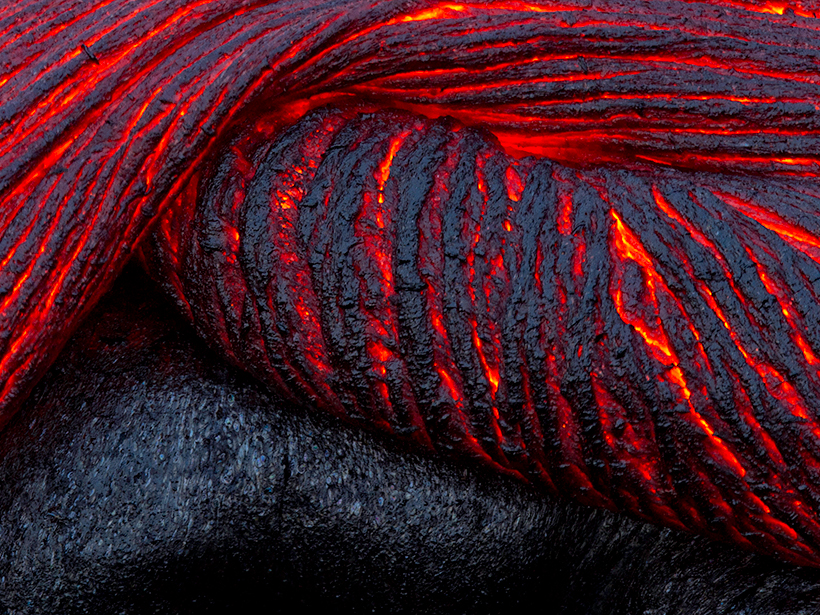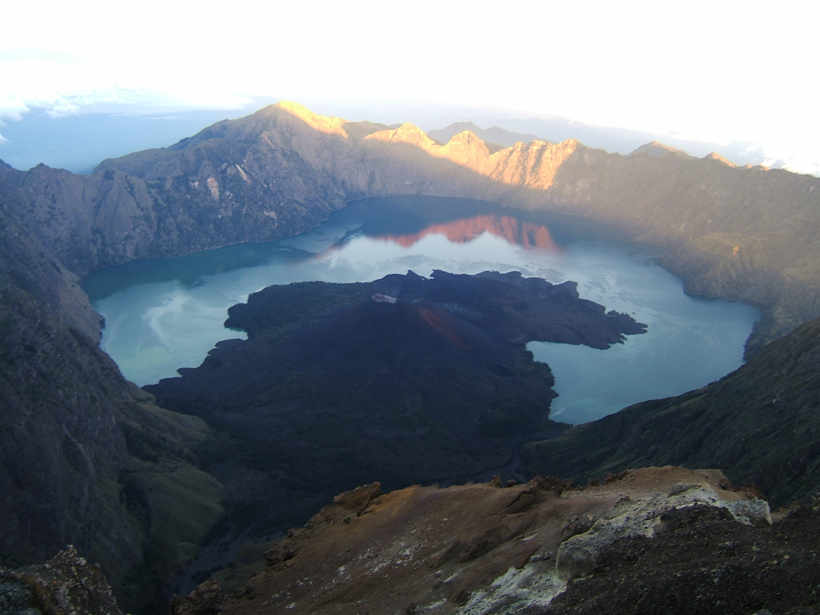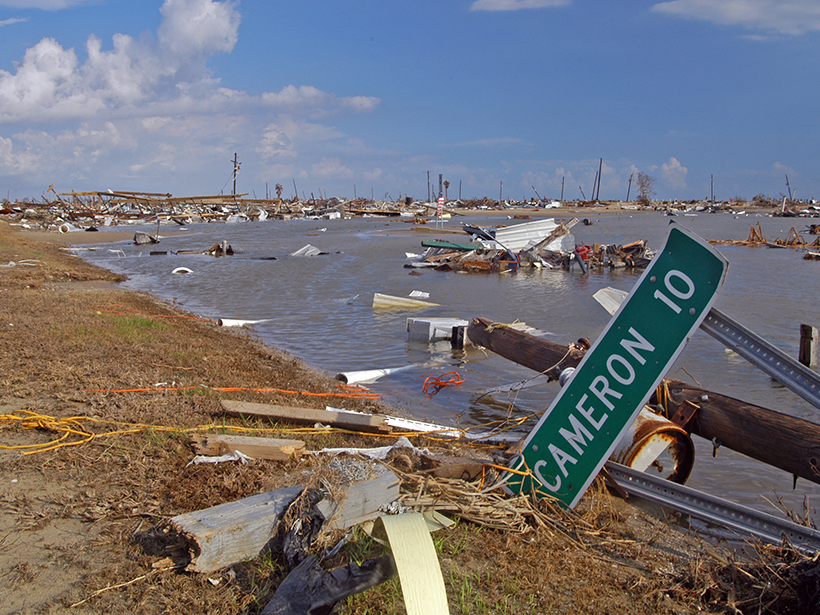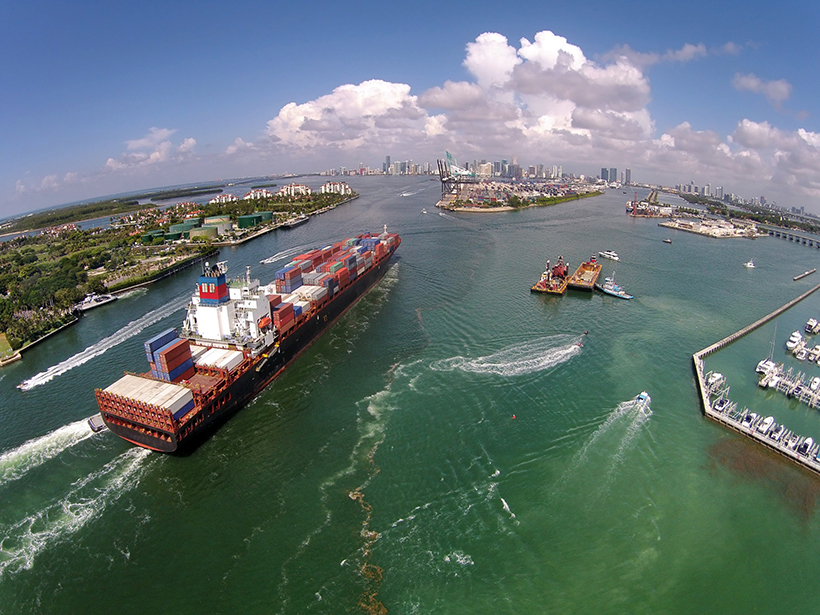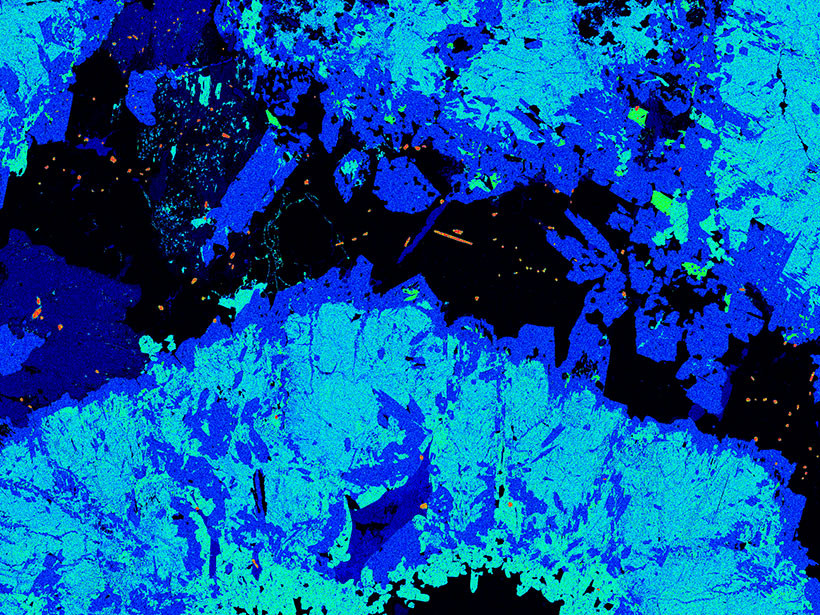As state geological surveys face budget cuts and reorganizations, scientists must step into political spheres to advocate for what they do.
Opinion
We Need a New Definition for “Magma”
Confusion over the meaning of "magma" can generate popular misperceptions, including a nonexistent molten sea underneath Yellowstone National Park. We propose a different definition.
Stuff My Reviewers Say
After going through a little more than a decade's worth of reviews, Noah Diffenbaugh shares insights about the peer review process and how reviewer feedback ultimately improved his publications.
Volcanic Java and Climate Change
An account of a geophysicist's recent trip to Indonesia wouldn't be complete without intrigue and elucidations about what Java, climate change, and Butch Cassidy all have in common.
Senior Scientists Must Engage in the Fight Against Harassment
Here are nine steps that senior scientists can take right now to change scientific culture into one where harassment is treated as a type of scientific misconduct.
Collaboration to Enhance Coastal Resilience
Integrating models from the social and natural sciences could generate a more holistic approach to climate change response planning in coastal communities.
The New Blue Economy: A Vast Oceanic Frontier
On World Oceans Day, let's reflect on the now realizable potential for investing in and building upon new opportunities that beckon from the sea.
Planning for a Subduction Zone Observatory
An international, interdisciplinary effort to study and observe earthquakes, volcanoes, landslides, tsunamis, and continent building at subduction zones could advance science and protect communities.
Four Perspectives on Order From Chaos
What makes thunderstorms clump, even to the point of singularity, over uniform oceans? Three recent papers in JAMES address this question, and a new Commentary ties them together.
The Broken Bridge Between Geology and Museums
For lack of funding, irreplaceable collections of mineral specimens may be lost. The Earth science community must rethink the role of museums as archives and outlets for information.


